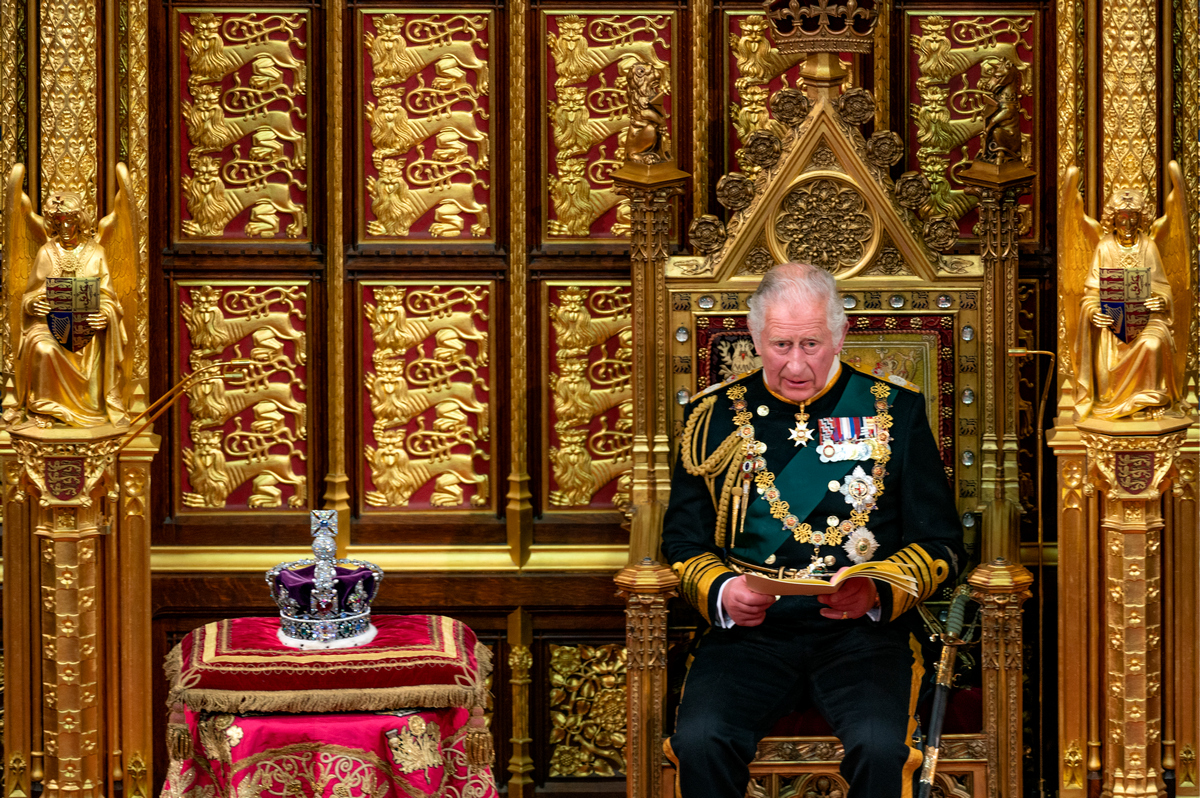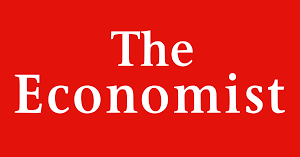The queen’s passing gives them an opportunity to break the link to the British crown
Over the course of her long reign Elizabeth II served as head of state of 32 countries, most of them colonies. At her death she remained so for just 15. And for most of the subjects that she retained, the queen maintained a mere ceremonial presence in their lives. Her face appeared on banknotes and coins; prime ministers met her; parliaments were opened on her behalf. But as King Charles III takes over from his mother, for some of the 15 remaining realms even that limited interaction may be too much.

Many see maintaining links with Britain’s monarch as a colonial anachronism. “The time has come to fully leave our colonial past behind,” declared Mia Mottley, Barbados’s prime minister, in September 2020. Last November her country replaced the queen as head of state with Dame Sandra Mason, previously the island’s governor-general. Jacinda Ardern, the prime minister of New Zealand, has said she expects her country to become a republic “within my lifetime”. Before Barbados, the last country to sever ties with the British monarchy was Mauritius, in 1992. The queen’s passing provides an opportunity for others to make the break in a tasteful, diplomatic way.
Australia is a particularly interesting case. The British monarch’s notional sway over its national affairs has long seemed anachronistic. In 1975 a deadlock between the House of Representatives and the Senate created a national crisis. To break it Sir John Kerr, the governor-general, or queen’s representative, of Australia personally dismissed the Labor government. Labor’s supporters were distraught; in 1977 Sir John had to resign after enduring two years of protests and criticism.
His act remains one of the most controversial, and disputed, moments in Australian history. Sir John said he had informed Buckingham Palace of his decision only after making it. But in 2020 Jenny Hocking, an Australian historian, secured the release of papers from the palace showing that the queen’s private secretary, Martin Charteris, had told Sir John in advance that he had the power to dismiss the government. Other papers showed that Prince Charles had written to Sir John after the dismissal, saying that, “What you did last year was right and the courageous thing to do”.
Many countries have far more pressing problems than King Charles
The release of the papers caused a storm. The reminder that, at least until recently, Britain’s monarchy exerted a considerable influence on Australian politics reinvigorated republicanism in the country. And with Charles now Australia’s king, many of its citizens will wonder if this is the moment to relinquish the monarchy. Polling finds that around one-third of Australians would back a republic. Fewer Australians have links with Britain today than in the 1960s and 1970s, when it was still the primary source of new immigrants; more are aware of the enormities inflicted on indigenous Australians by British colonialism. Ms Hocking, a republican activist as well as a historian, says that replacing the monarchy would be “the obvious end point of our postcolonial settlement” with Britain.
But breaking free is easier said than done. The switch to a republic would require a referendum to pass with majorities not only nationally but in at least four of Australia’s six federal states. The motion would also have to propose an alternative head of state, such as an elected or appointed president. In 1999, despite pro-republican polling, a referendum failed by ten percentage points thanks partly to splits among the republican movement over which alternative to plump for.
Canada, too, may decide to ditch the monarchy. But the hurdle to getting rid of Charles is even higher than in Australia. Instead of a referendum, Canada requires “unanimous consent”: that is, a majority of the House of Commons, the Senate and all ten provincial legislatures. Emmett Macfarlane, a political scientist at the University of Waterloo, points out that no proposed constitutional amendment has ever passed such a high bar. “The irony is that probably the most likely way Canada would abolish the monarchy is if the United Kingdom did it,” he says.
Some places are less strict. In New Zealand, an act of parliament would suffice to remove the monarchy. But despite her conviction that the monarchy will not last her lifetime, last year Ms Ardern said that she had not yet “sensed an appetite from New Zealanders for significant change in our constitutional arrangements”. Many Caribbean countries could turn republican without referendums, too. Yet several have failed to deliver on promises to do so in the past. A number of Jamaican prime ministers have announced fruitless plans to unseat the queen. A referendum in St Vincent and the Grenadines in 2009 failed. Barbados’s successful attempt to remove the queen was preceded by a failed one in 2008. Several Caribbean realms still rely on the privy council, a court that advises the monarch, as a supreme court. Changing that is another tricky challenge for republicans.
In the end, King Charles III may continue to reign over several places simply because of inertia. The modern monarchy is not as popular as it once was, but neither is it widely resented. In many places certain politicians might like to get rid of it; now, as the crown passes from Elizabeth to Charles, should be their moment. But many countries have far more pressing problems than King Charles.

From The Economist
Published under licence.
The original article, in English, can be found on:
www.economist.com